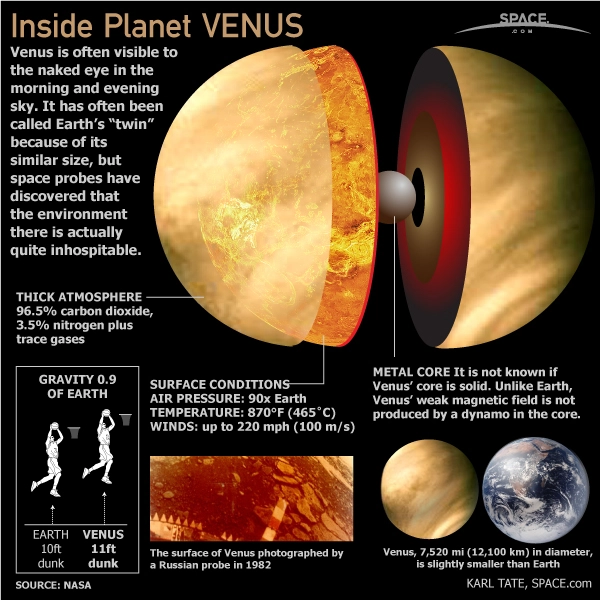We need to cherish our planet, as it is the only place that we can live.
I want to dedicate this post to a point that MacAskill made that I briefly touched up on in my presentation, and that point being the fact that if we do become a space-faring civilization, we will eventually cease communications with each other entirely. Where we stand right now, we have politicians who believe that going to Mars will be the next best thing in our evolution as a species. Make no mistake, despite Mars being seen as the next frontier for humanity to explore, Mars is a harsh world. It is a dead planet that is barraged by cosmic radiation on the daily. The atmosphere of Mars contains 95% carbon dioxide and only trace amounts of oxygen. This isn't to mention that the temperature of Mars often goes down to unlivable levels, at points where any life would freeze solid.
We Throw Earth Under the Bus
The idea that we should be a space-faring civilization and colonize the stars completely undermines the rich diversity and importance of Earth. Earth is a living organism that is in its prime, but that delicate balance is on the verge of collapse due to humanity's hubris. The ecosystems that we hold on this planet are being destroyed by the minute due to greed and corruption from the higher-ups. Mars was once expected to be a much more lively world. These same politicians believe that we have the power to restore this dead planet into a planet similar to Earth once again, but this is simply all just speculation based on science we really cannot test.
The true narrative of moving to Mars, at least to me, seems to be a way to distract us from the problems we create on Earth. We throw Earth under the bus by setting our sights on another world to destroy, rather than trying to ameliorate the issues that exist on our home. When we think of Mars, we think of another world we can exploit for its resources.
The Very Real Possibility of the Death of Earth's Life
Venus - Our Potential Future Hell
Image Credit: NASA
While this planet may seem quite dull and serene, this world is a living blast furnace. This is due to a phenomena that is brought up a lot in climate talks. I am of course referring to runaway greenhouse effect. This effect is a byproduct of greenhouse gases (such as carbon dioxide) trapping heat within the atmosphere. This creates a positive feedback loop, which leads to more and more heating until you create conditions that are entirely unlivable.
Let's break down Venus a little bit more...

Image Credit: Space.com
Venus's temperature sits at a staggering 870 degrees Fahrenheit and the air pressure is so strong that is would crush you like a tin can. There is speculation that Venus used to be similar to Earth in the way that it may have contained liquid water oceans.
The greenhouse effect is a huge part of climate change on Earth, which, just like Venus, could lead to a major positive feedback loop creating more and more harsh conditions and strong storms. Strong greenhouse gases on Earth are gases such as carbon dioxide and methane, which can lead to chemical reactions creating stronger greenhouse gases. We already see some of this in the form of acid rain when volcanoes erupt. This creates sulfuric acid which can lead to a lot of health issues in life.
Back to MacAskill's Point
Relating This to Environmental Ethics
I know that we went over this video before, but for the sake of this post, I feel that it is the most relevant and important speech to the conservation of our world. It is not meant to make us feel small and invalidated, but rather to make us realize we have a small special world in a vast, nearly infinite, universe. We need to conserve this world.
Thank you for a wonderful class, and I hope to see you all again soon.
"politicians who have their heads so far into the clouds"-- that's a nice way to put it. They're never going to "get" the pbd, are they?
ReplyDeleteThanks, Aidan. Good luck (to us all).